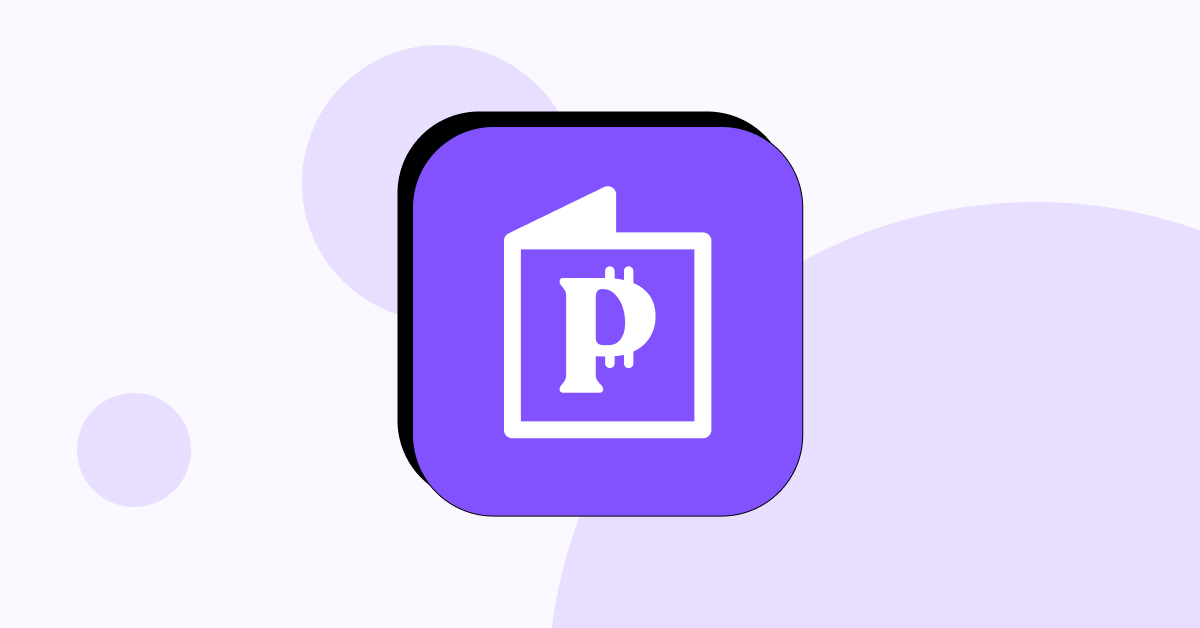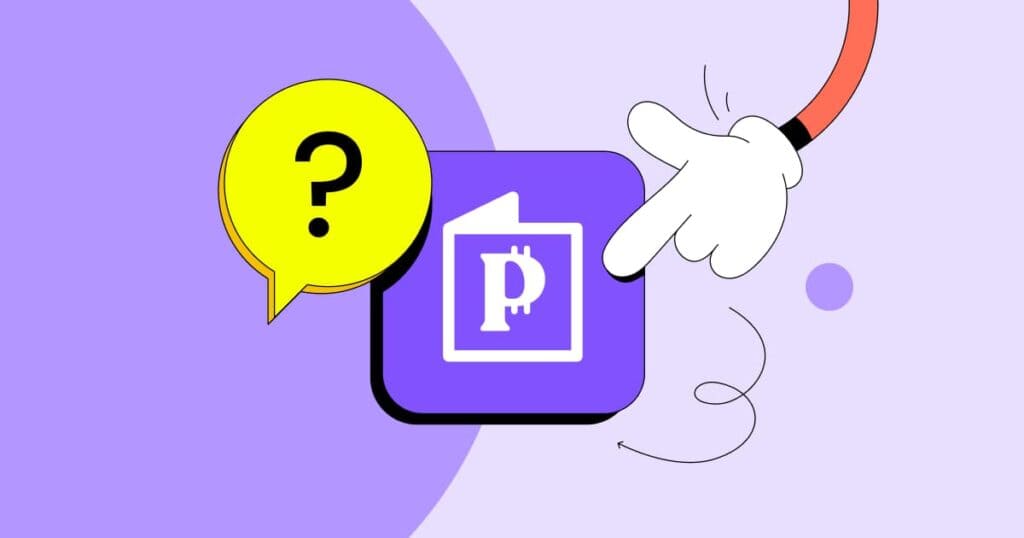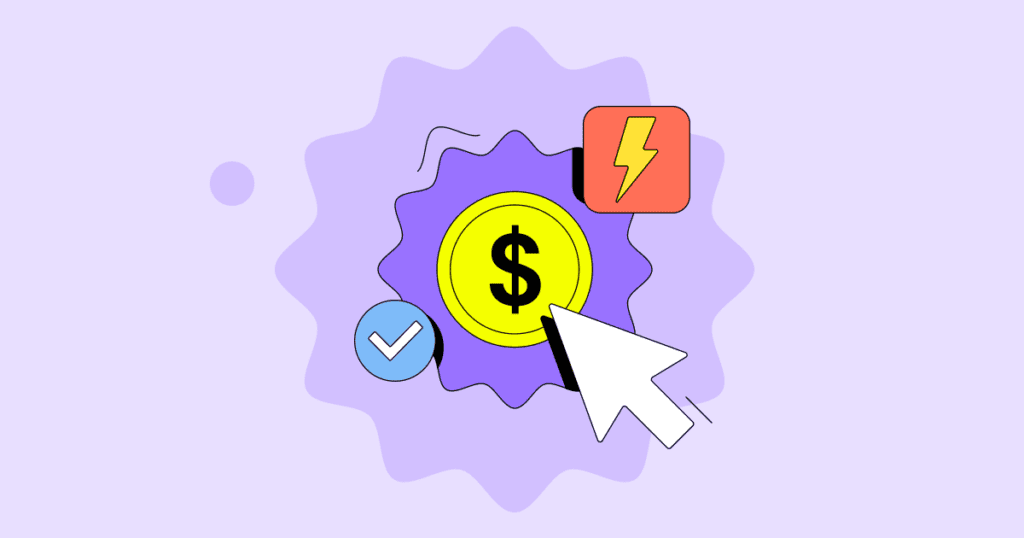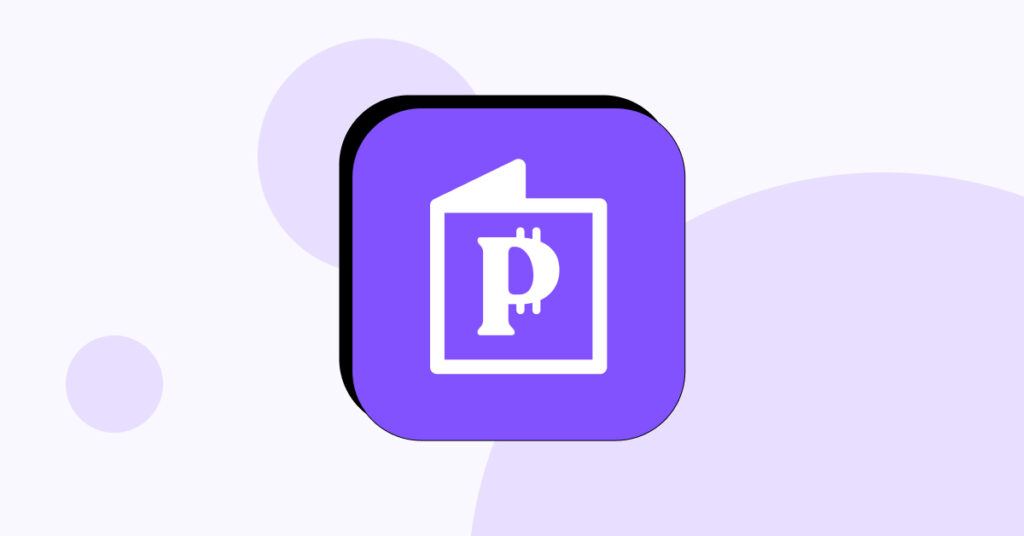Note: All content in this post is for informational purposes only. It is not financial advice and should not be treated as such. If needed, seek professional financial advice from an accredited advisor and do not use this post as a substitute for such services. The information stored in this post represents the personal thoughts of the author on the matter and does not represent professional financial advice.
During challenging economic times, individuals and families may struggle to make ends meet due to job losses or reductions in income. Businesses may struggle to stay afloat as consumer spending declines and demand for their products or services decreases. Due to declining tax revenues, governments may struggle to balance their budgets and provide essential services such as health insurance coverage.
The COVID-19 pandemic, which began in early 2020, has resulted in one of the most challenging economic times in recent history. The pandemic has led to widespread business closures, job losses, and economic disruption on a global scale.
Governments worldwide have implemented various economic stimulus measures to mitigate the pandemic’s impact, such as providing direct payments to people and increasing unemployment benefits.
Overcoming a Recession Period
A recession is a significant decline in economic activity that lasts for an extended period of time. It signifies a decrease in Gross Domestic Product (GDP), a measure of the total value of goods and services produced in an economy, for at least two consecutive quarters.
During a recession, businesses may cut back on production, lay off workers, and reduce investments, decreasing consumer spending and economic activity. This, in turn, can create a cycle of further job losses and reduced consumer spending.
Reassess Your Expenses and Increase Your Savings
During a recession, reviewing your savings accounts and finding ways not to waste them is critical. The first step is to cut back on non-essential expenses such as dining out, streaming services, and entertainment.
You can also consider negotiating bills, shopping around for the best deals, reducing energy consumption, and building an emergency fund to cover unexpected monthly expenses or income loss.
Additionally, increasing income through part-time jobs, freelancing, selling unused items, or renting out a spare room in your home is an effective way to supplement your income during a recession. Start by going onto Pawns.app, where you can earn cash, Bitcoin, and gift cards by answering surveys or sharing your internet connection.
Invest in Things That Increase in Value Over Time
Investing in things that increase their value over time can be an effective financial plan during challenging economic times. Real estate, stocks, collectibles, education, and retirement accounts are all examples of investments that can potentially increase in value over the long term.
Real estate can be a solid investment as property values tend to increase over time. Stocks can be volatile in the short term but tend to increase in value over the long term. Collectibles such as art, rare coins, or vintage cars can also be extremely valuable as time passes. Still, it’s essential to do your research and invest only in items that are likely to increase over time.
Pursuing an education in a high-demand field can lead to higher-paying jobs and increased earning potential. A retirement account such as 401(k) or IRA are also effective ways to build wealth over time while saving for retirement. However, it’s important to remember that investing comes with risks.
Diversify Your Investments
Asset allocation is a crucial strategy for managing risk and protecting your financial future. This means spreading your investments across different asset classes, such as stocks, bonds, real estate, and commodities. By diversifying your investments, you can reduce your exposure to any single asset class and minimize the impact of market fluctuations on your overall portfolio.
For example, if you invest all of your money in one stock and that company experiences a significant decline in value, you could lose a large portion of your investment. However, if you spread your investments across multiple stocks, bonds, and other asset classes, the impact of any single investment’s decline will be minimized.
It’s also important to diversify within each asset class by investing in different industries, regions, and market segments. This action can help protect your investments against unexpected events that could impact a particular sector or region. By diversifying your assets, you can achieve a more balanced portfolio and be better prepared to weather economic uncertainty.
Create a Budget
One of the best things you can do to save money during challenging financial periods is create a budget, such as the 50-30-20 rule. This rule ensures that your monthly expenses are strategically divided and structured. The main idea of this rule is that:
- 50% of your income goes to absolute necessities like rent or mortgage payments and food.
- 30% of your monthly budget goes to discretionary spending, such as streaming services, gym memberships, restaurants, etc.
- 20% of your monthly income goes to a savings account, credit card debt payments, or some other interest payments.
You can adjust this strategy based on your preferences. However, don’t make it too comfortable for yourself. After all, it’s meant to help you save money, which means you will have to tighten up your belt a little.
Avoid Big Purchases
During a recession, it would be smart to postpone any big purchases you wanted to make. Be it a car, a house, or expensive home appliances, you should avoid taking on a new debt until the economic situation straightens out and becomes less volatile.
Use that money for emergency savings, debt repayment, and regular monthly expenses, instead. You could even find a high-yield savings account to put money into.
Eliminate Debt
High-interest debts can drain your money rather quickly. Use this time of economic downturn to pay off what you can, especially the credit card debt. Consider transferring your balance to other providers that offer lower interest rates or negotiating with creditors to ease your financial burden.
Start a Side Hustle
You don’t always have to stick to what you have. There is always an option to do something about it. If you’re good at marketing, try freelancing and writing blog posts or running ads for a business. If you’re a master around the house, try mowing other peoples’ lawns or trimming their hedges. You can even go for pet-sitting or pet-walking.
You can also make a few bucks every hour by answering surveys online. The opportunities are endless and if you have an internet connection and a laptop or a smartphone, you’re good to go. These side hustles probably won’t make you rich, but it’s a nice addition to you existing monthly budget.
Things to Buy Before a Recession
If you have the chance to prepare for a recession, you can try making your life recession-proof. If you buy these things in bulk, they will last you a lifetime and save money at the same time. Here’s what you should buy:
- Non-perishable food. Stock up on canned goods, rice, pasta, and other foods with a long shelf life. It’s likely that these items will often be out of stock or rise in price.
- Household supplies. Take a page from COVID-19 toilet paper merchants, just not too much. Get some toilet paper, cleaning supplies, and other toiletries to have a comfortable daily life.
- Medicine. Make sure that you stock up on essential over-the-counter and prescription medications. During a recession, it may be more difficult to access important medicine.
How to Profit During a Recession
Sure, recession is a challenging period of time. However, it’s still possible to make a profit even in this situation. Here’s how:
- Invest in recession-proof industries. There are some things people always need access to — healthcare, utilities, and food. Investing some of your monthly budget into these industries may help you turn a profit in these times of uncertainty.
- Invest in stocks. During economic downfalls, some stocks could take a fall despite its performance. For this reason, it might be a good idea to buy stocks during a recession and then sell them once the price is back up.
- Real estate. Housing prices may drop down during a recession. It may be your chance to invest some money from your savings account into real estate and establish a stable passive income once the economy returns to normal.
- Precious metals. You could also consider investing in items that hold value, such as gold and other precious metals. These items tend to retain their value during economic downturns. It could be considered a low-risk investment.
However, always make sure to consult with your financial advisor before making any kind of investment.
Conclusion
A recession is not an easy period of time. It drains your savings account, affects your emergency fund, and makes it more challenging to save money. No one is recession-proof and it will affect everyone at some level, however there are some actions you can take to minimize the impact.
Use this time to pay off your credit card debt for better terms, research a potential side hustle to avoid wasting your emergency savings, and take advantage of potentially decreased stock prices.
FAQ
Where is your money safest during a recession?
During a recession, some options for keeping your money relatively safe include cash, bonds, CDs, and gold. One can store cash in a bank account or at home, but it doesn’t earn much interest. It could be better to deposit it into a high-yield savings account. Bonds are essentially loans to companies or governments, typically paying a fixed interest rate over time. CDs are savings accounts with higher interest rates, but your money is locked in for a set period. Gold is a tangible asset that holds value but can be volatile.
Should you save your money during a recession?
During a recession, it is vital to save your money, but it is also important to continue to invest and plan for the future. Consider a high-yield savings account for saving money while making more. Saving your money or having an emergency fund can provide a financial cushion in case of job loss or other unexpected expenses, and it can also help you avoid taking on unnecessary debt.

















